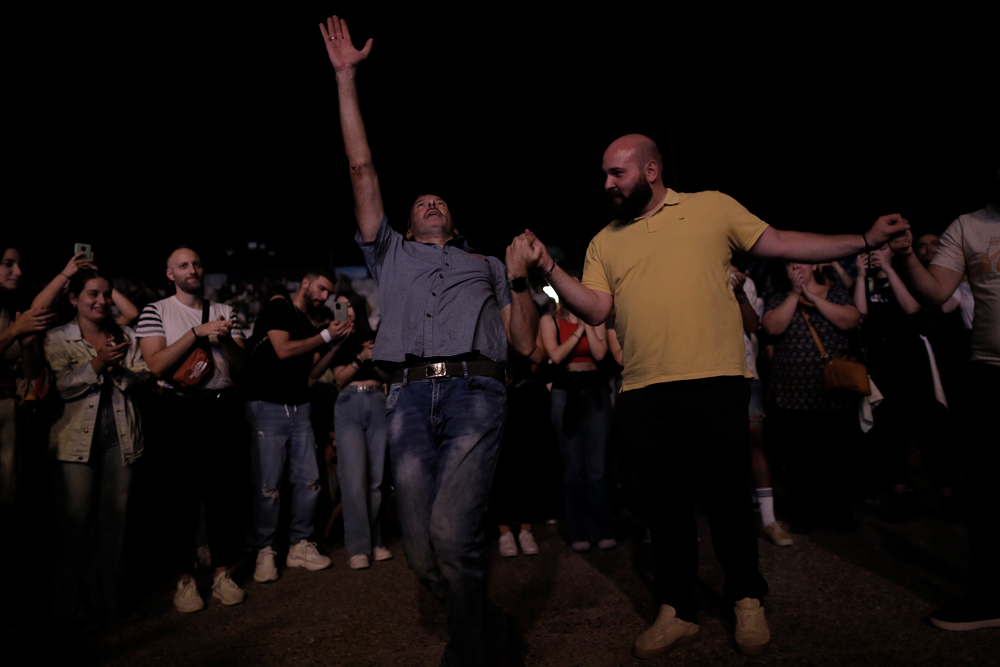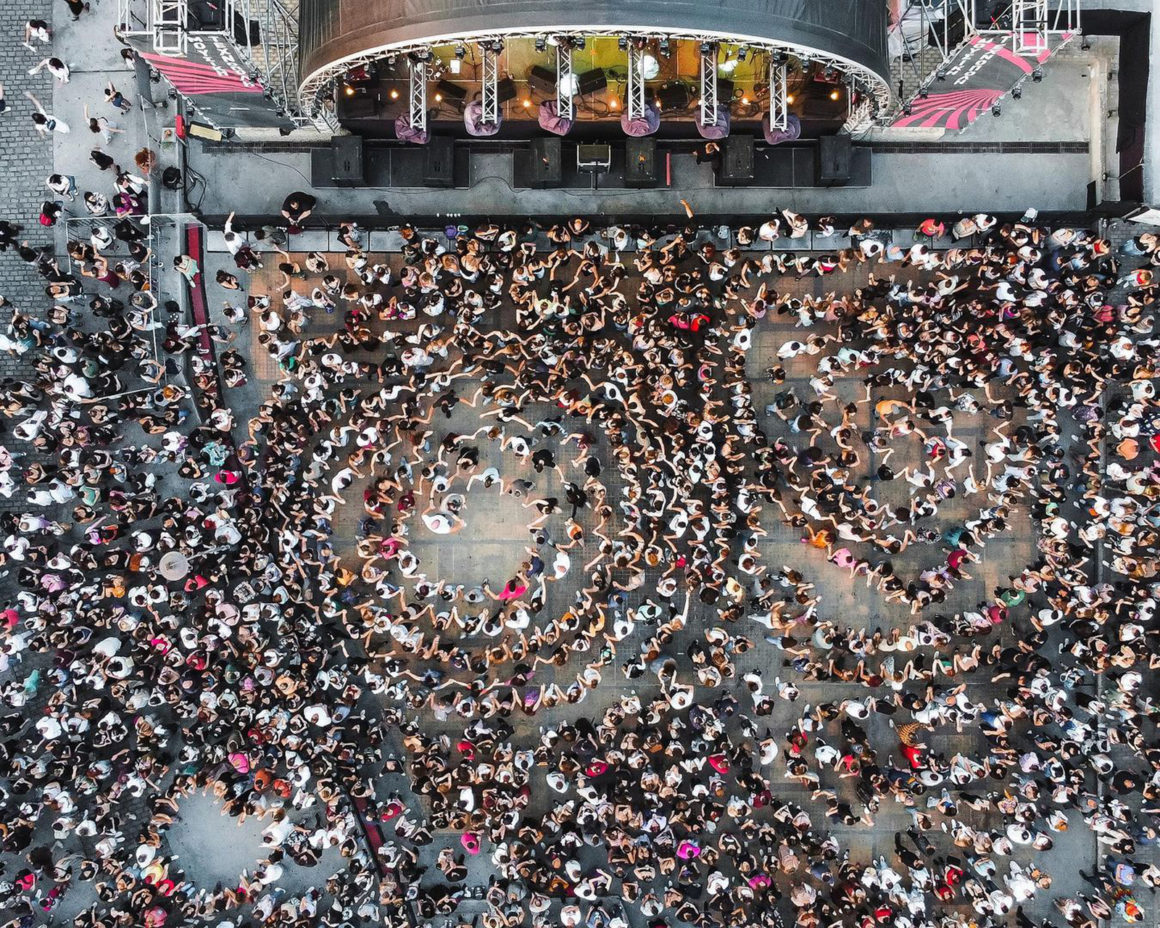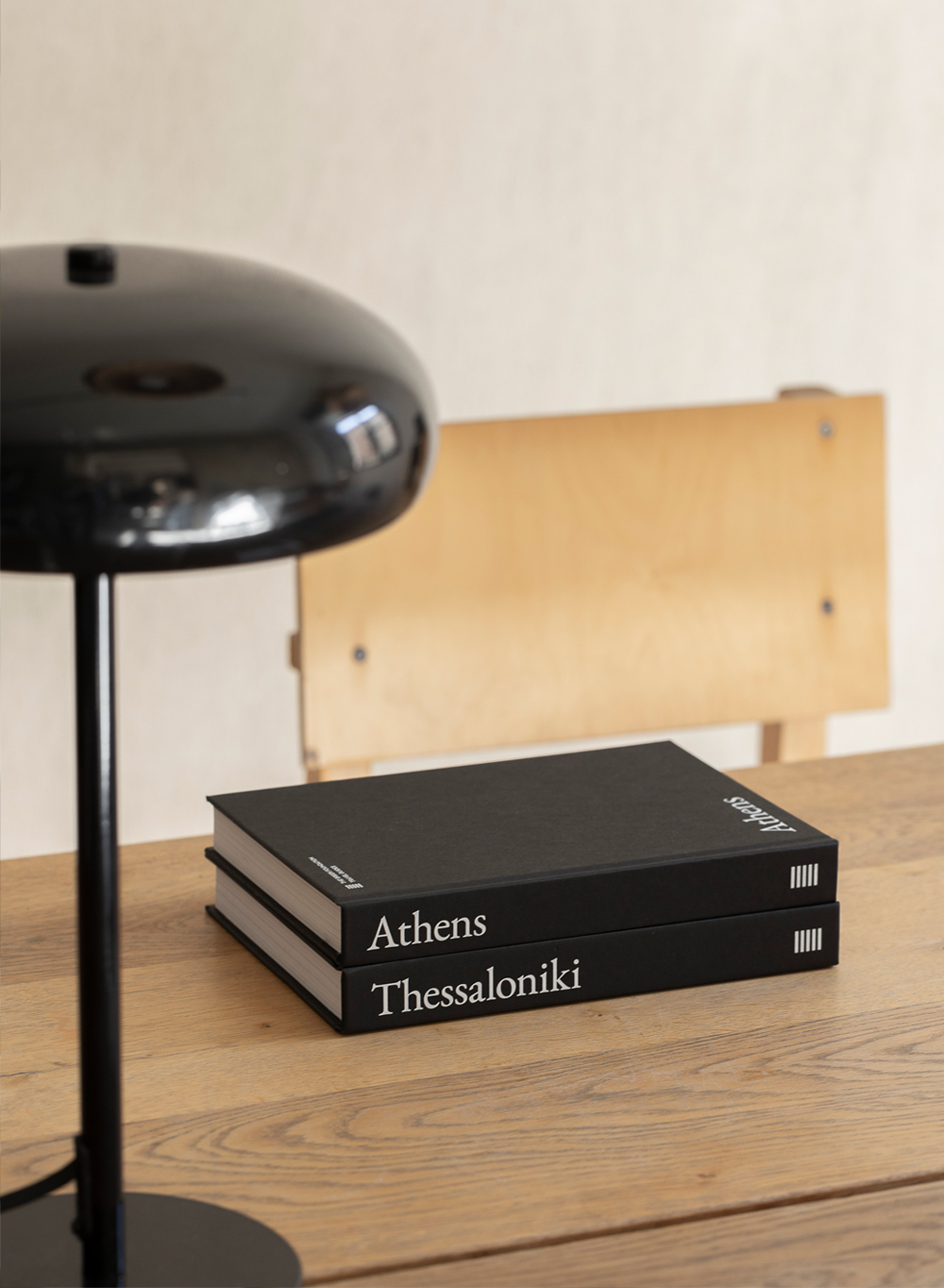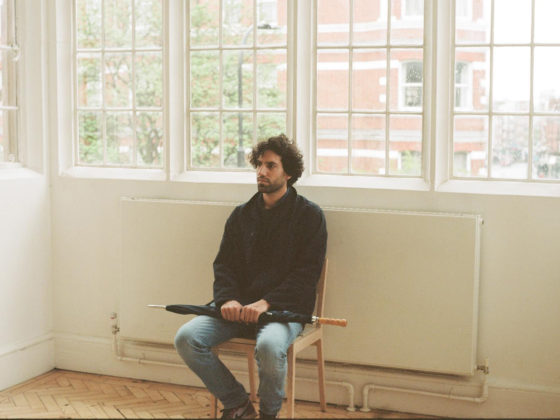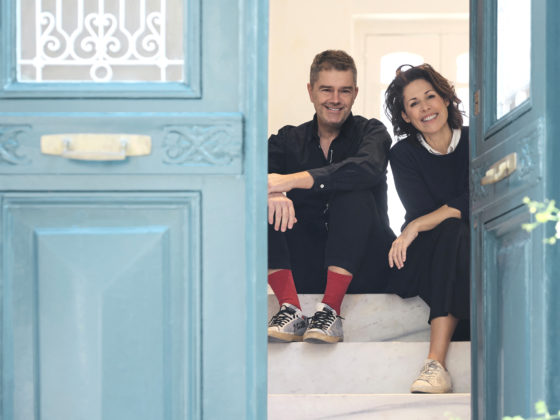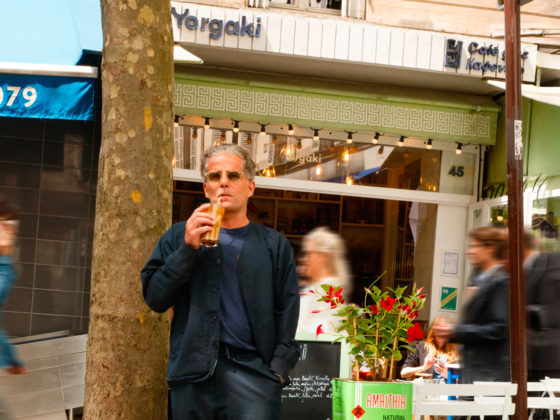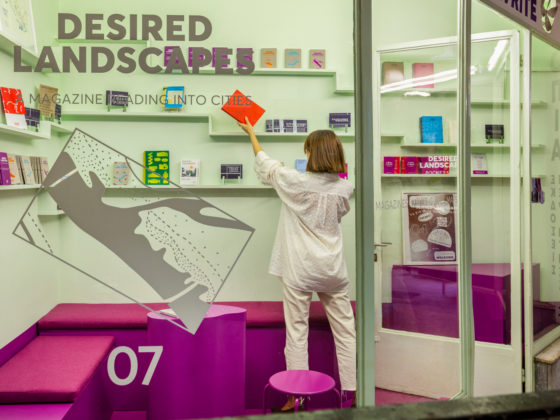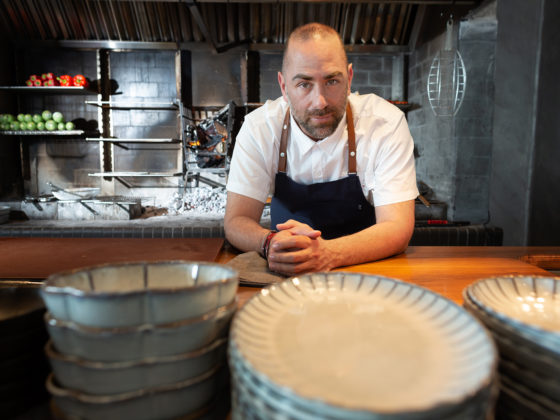Rizesmas is an organically grown Instagram community that was born during the COVID-19 quarantine and established the biggest ‘panigiri’ (traditional dance festival) in Athens and Thessaloniki three years later. Georgia, Sofia, and Andreas are the three people behind it, sharing a common goal: to keep memories alive.
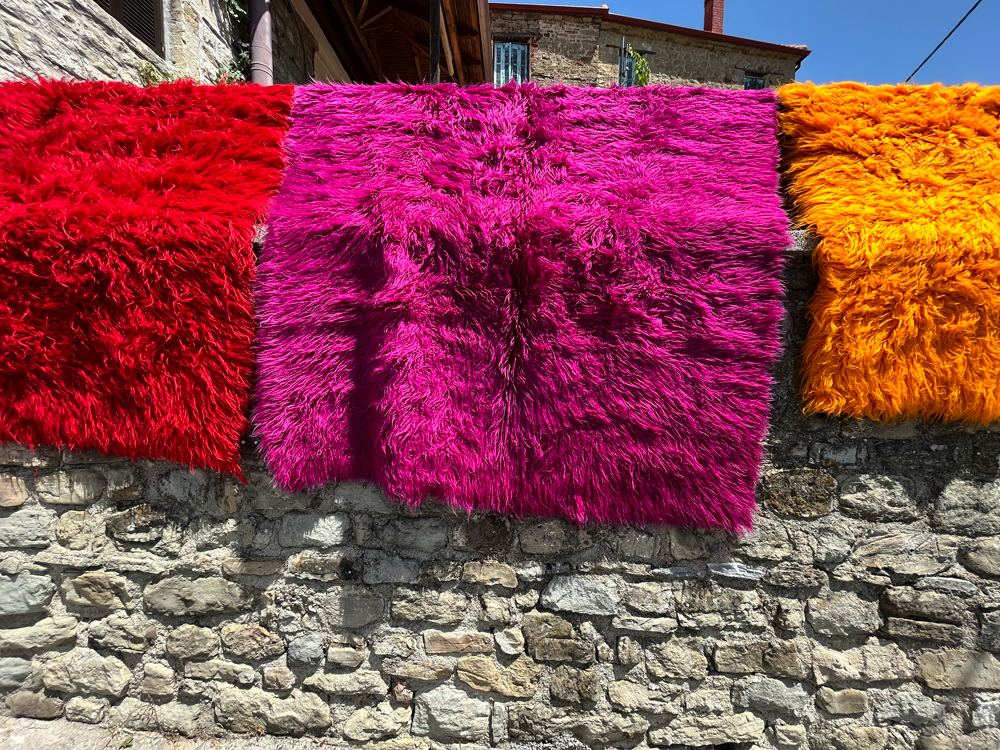
What was the inspiration behind launching Rizesmas, and could you share the journey from its inception to its current status with over 160K followers on Instagram?
It all started during the first COVID quarantine with a new Instagram account and a post asking: what is Rizesmas? (rizes mas meaning our roots in Greek). Since then it all happened magically and organically. Followers started sharing photos and videos from their villages, their grandmas, islands and Greek recipes, hashtagging or tagging #rizesmas. We were making a selection and posting them with our own caption based on a common memory. And here we are, three years later, counting 160K followers and a very strong community. As for the inspiration, it was a combination of two things: Georgia and Sofia, sisters, were already running another Instagram account, storytelling the life of their grandma, while Andreas, founder of Kasetophono.com was planning to open another music platform with the name rizes, with a compilation of traditional Greek songs. Georgia, Sofia, and Andreas, we are now the people behind Rizesmas.
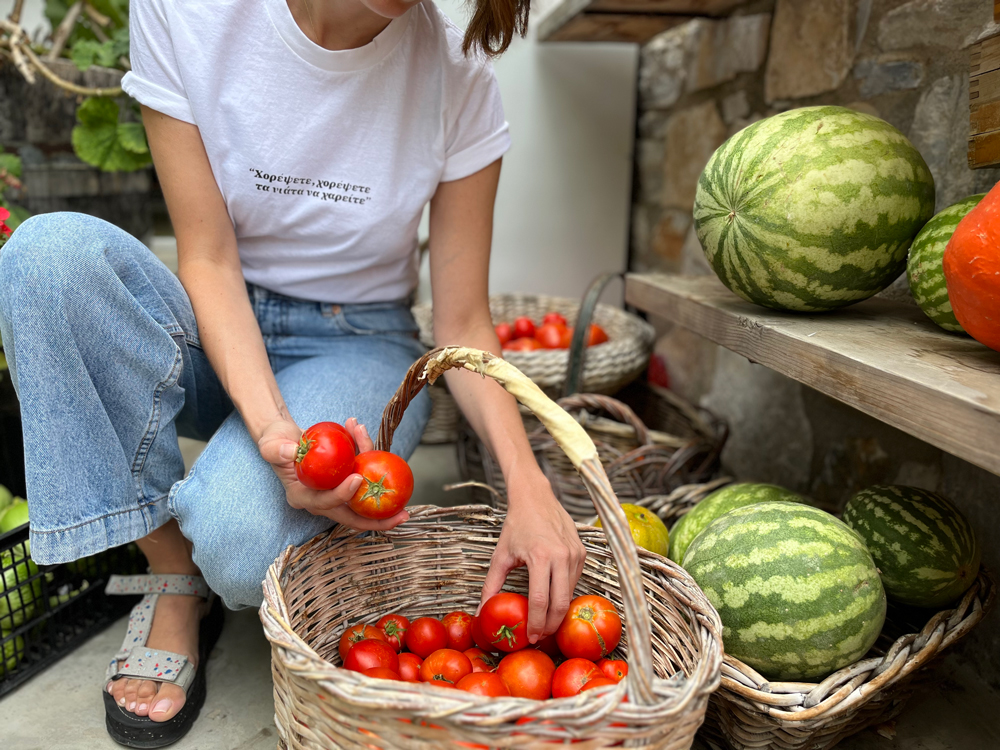
Why do you think there is a growing need for the young generation to reconnect with nature, simplicity, traditional customs, cultural practices, and memories?
We believe the answer is simple if we ask ourselves why. Nowadays, we are so disconnected, while always “connected” through the internet, that we are longing for what’s real, pure, and simple. The “return” as an idea has always been and will always be a romantic refuge for human beings.
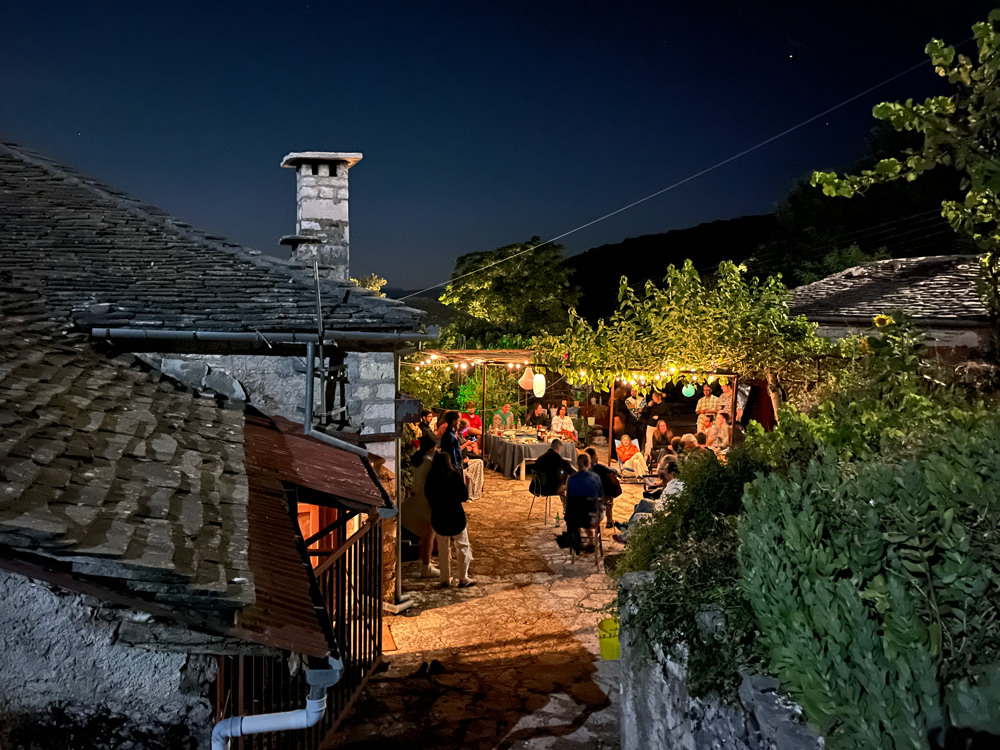
If you could experience any moment shared on Rizesmas, which would you choose to teleport to, and what makes it special to you?
It was during our visit to Karpathos. The municipality invited us to present the island through our account. On the first night, we visited a restaurant called “Oraia Karpathos” and had a lovely dinner. The next morning, the owner of the restaurant, Mrs. Popi, invited us to her house for breakfast. We entered the living room, a traditional room in every Karpathos house called “karpathiko”, and sat around the table. I will never forget the fried eggs with lemon and the bread with homemade butter that Mrs. Popi offered us. It was a moment of pure joy and hospitality.
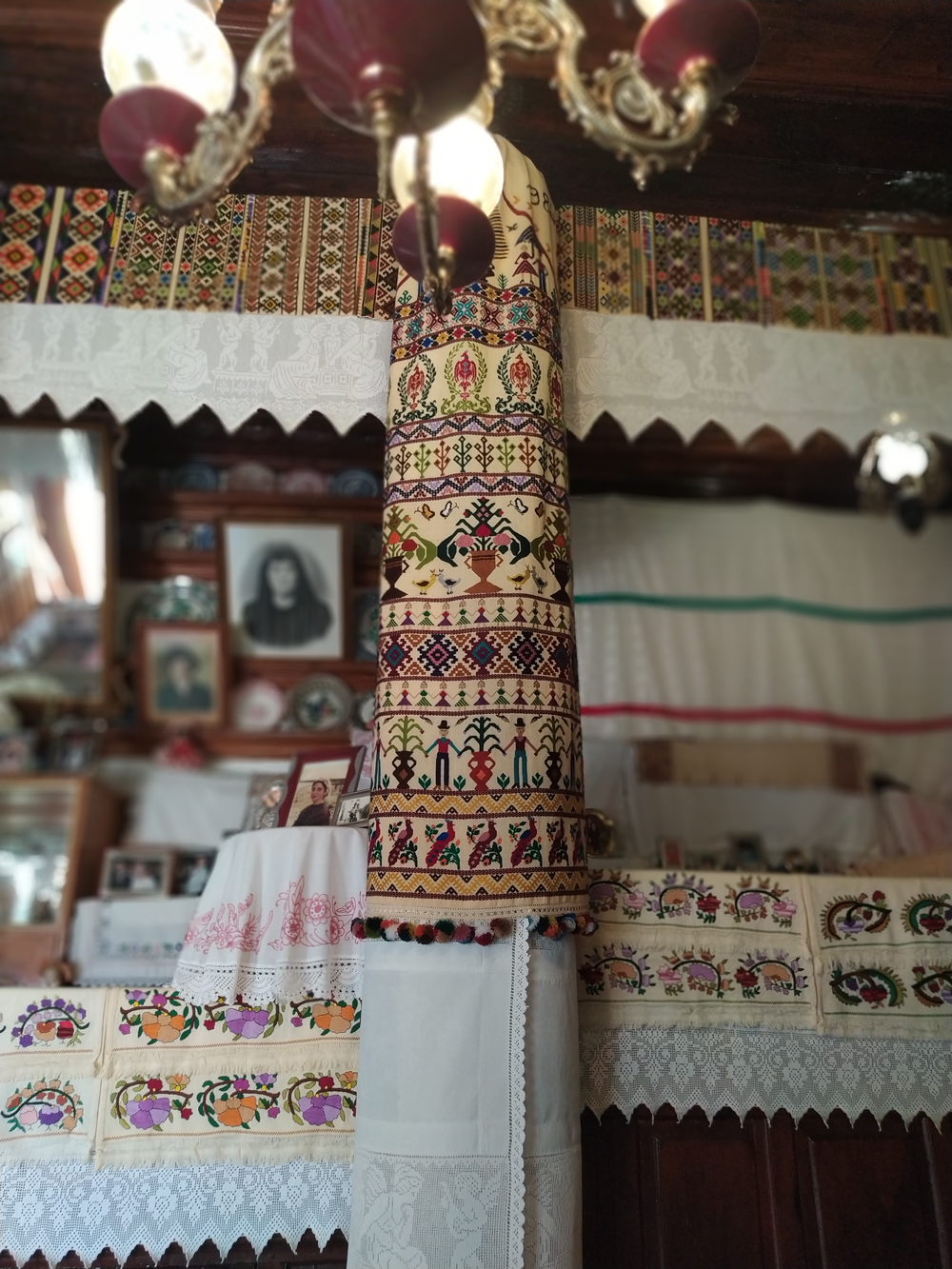
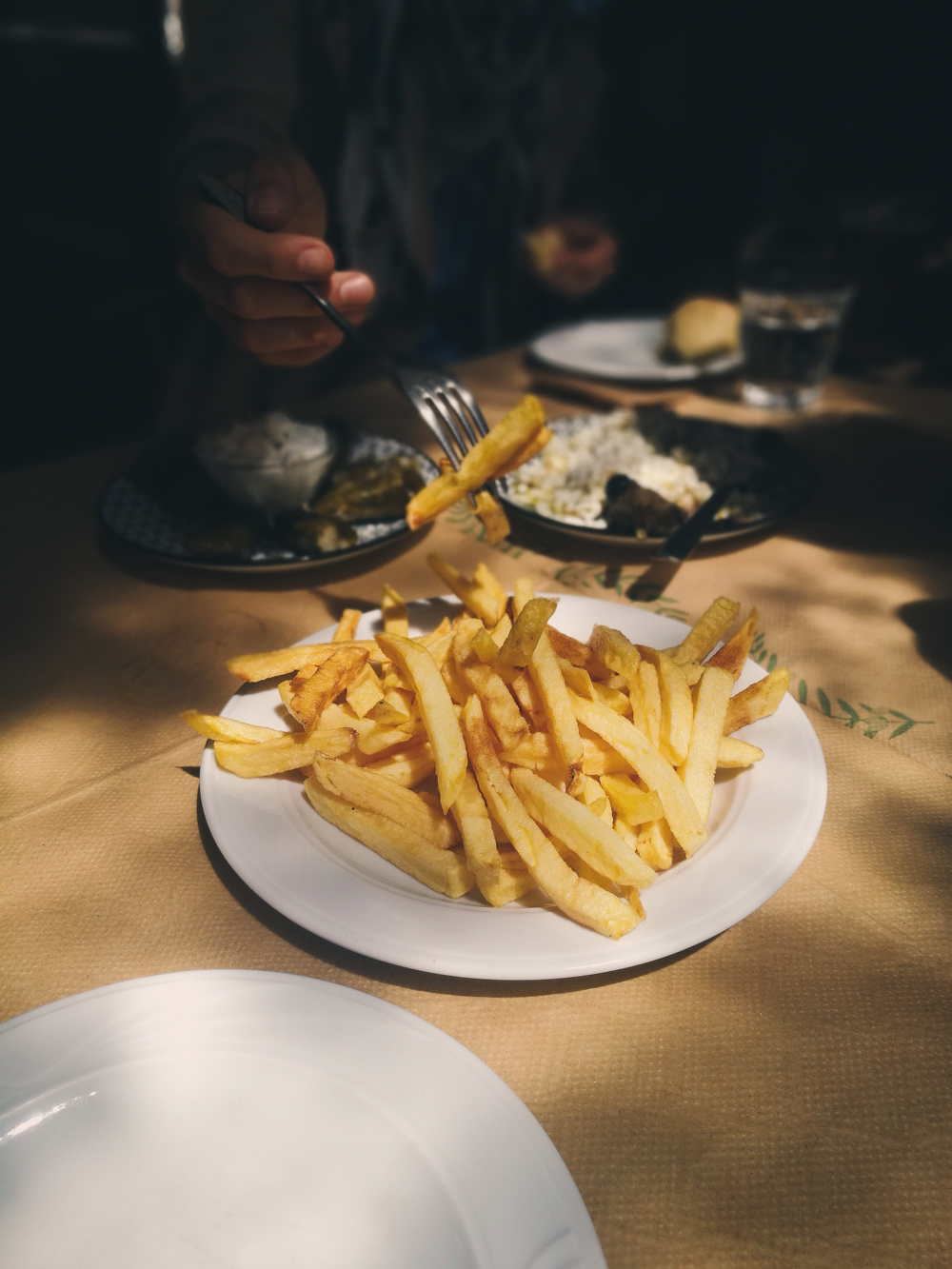
Could you share any impactful stories from followers whose lives have been positively influenced by their engagement with Rizesmas?
We like to believe that we “influence” lives just because we keep the memories alive. We receive many messages from people thanking us for sharing a handwritten grandma recipe, just because the letters remind them of their grandma, long gone. Others, thank us for “transporting” them to places they have never been, or to places they miss a lot. During one of our Festivals in 2023, we also had a wedding proposal on stage. That was quite a highlight of Rizesmas connecting people.
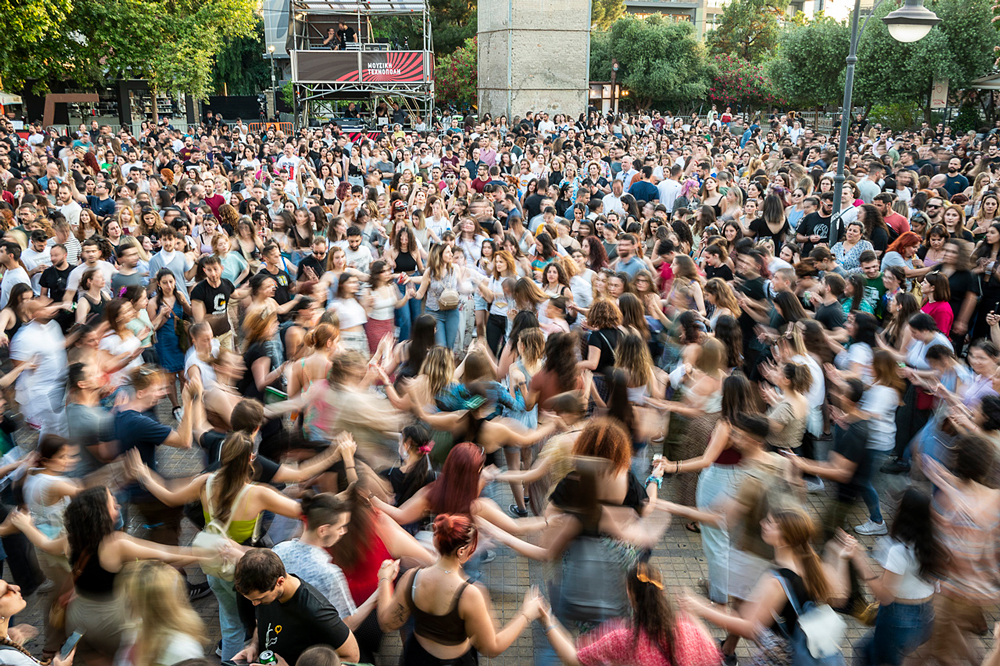
Can you share any behind-the-scenes stories or challenges faced while organizing Rizes festivals?
Here is a funny one. Once, we were in Amorgos, where we met a man called Argyris. He was one of those half-wise, half-crazy guys one meets on islands during summer. He told us that we should always check the moon’s phase before organizing anything, from a wedding to signing a contract, etc. Since then, we have always checked for a good moon before deciding on our festivals’ dates.
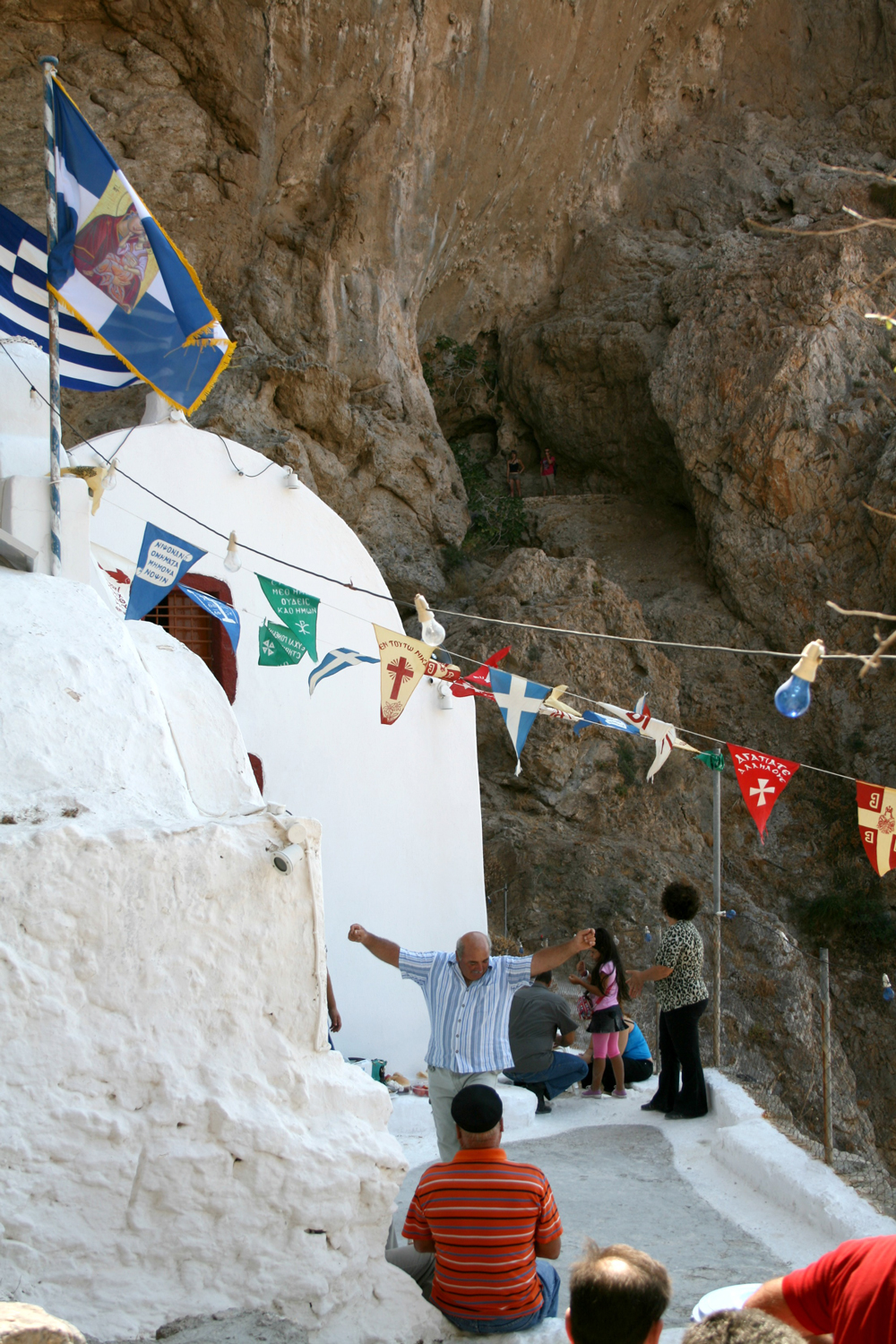
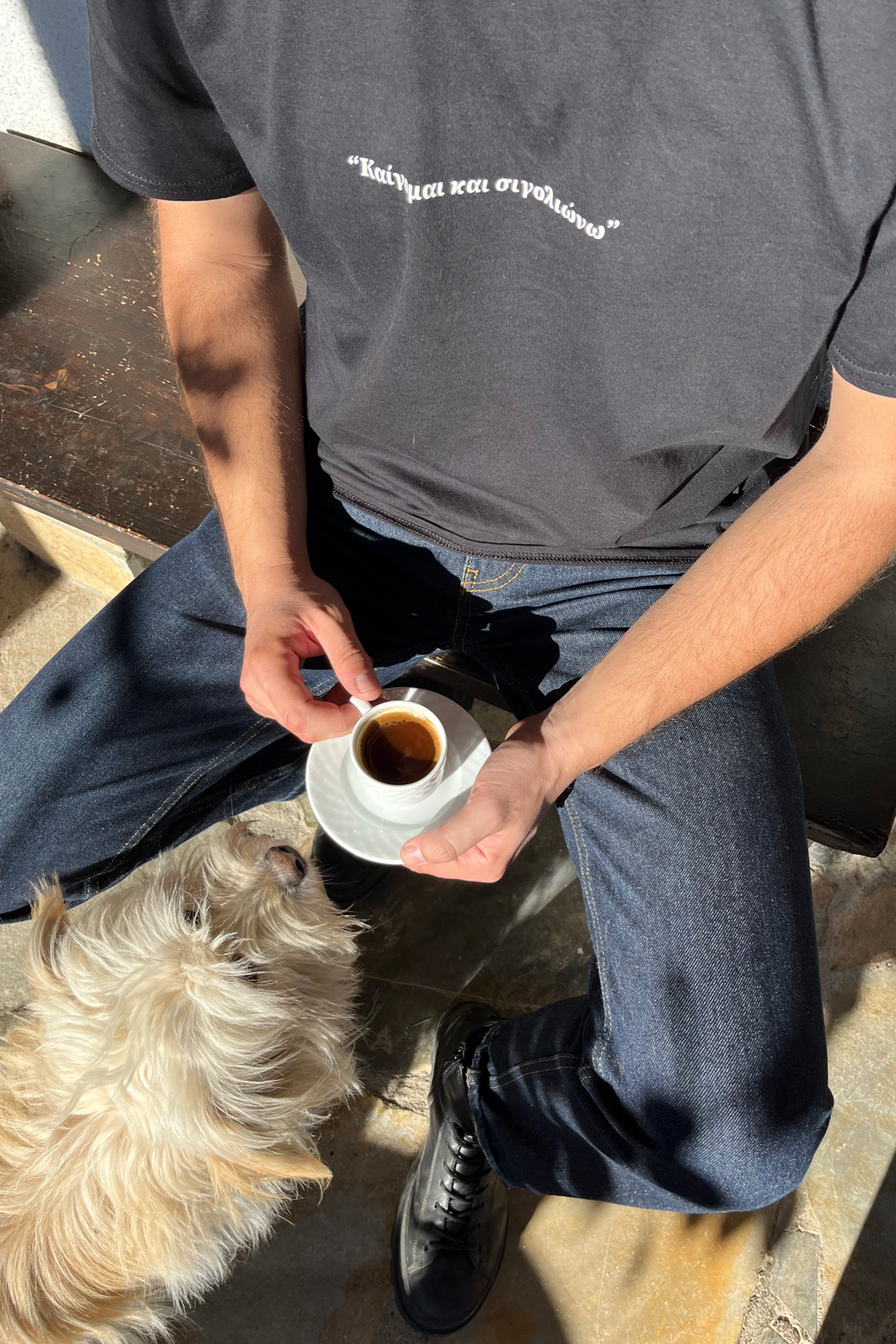
Rizesmas celebrates and preserves nostalgic memories and cultural heritage, yet some may critique this as perpetuating a sense of retro-lust or romanticizing the past. How do you respond, and how does Rizesmas strive to balance nostalgia with a forward-looking perspective?
In the past years, tradition has been seriously mistreated by generations that wanted to get rid of anything that connected them to their origins, their villages. Urbanization and urbanism had given tradition a very “folklore” image—a museum-like approach. We are now at a point in history where younger generations welcome tradition, not as a romantic retro-lust but as an undiscovered place, where their hearts beat and don’t know why. Why do we feel so deep at the sound of a lament? Why do we feel so comfy at the image of a plate full of homemade fries? What we want, as Rizesmas, is to keep the memory alive in the here and now (and if that’s the screen of our iphone, then be it). We want to promote young artists that play traditional music (this is the main reason behind our festivals). We are happy at the image of thousands of people, forgetting about their phones and raising their arms to hold each other for a dance (that’s another moment we would like to teleport to, the first time we saw our followers “live” dancing in front of our eyes).
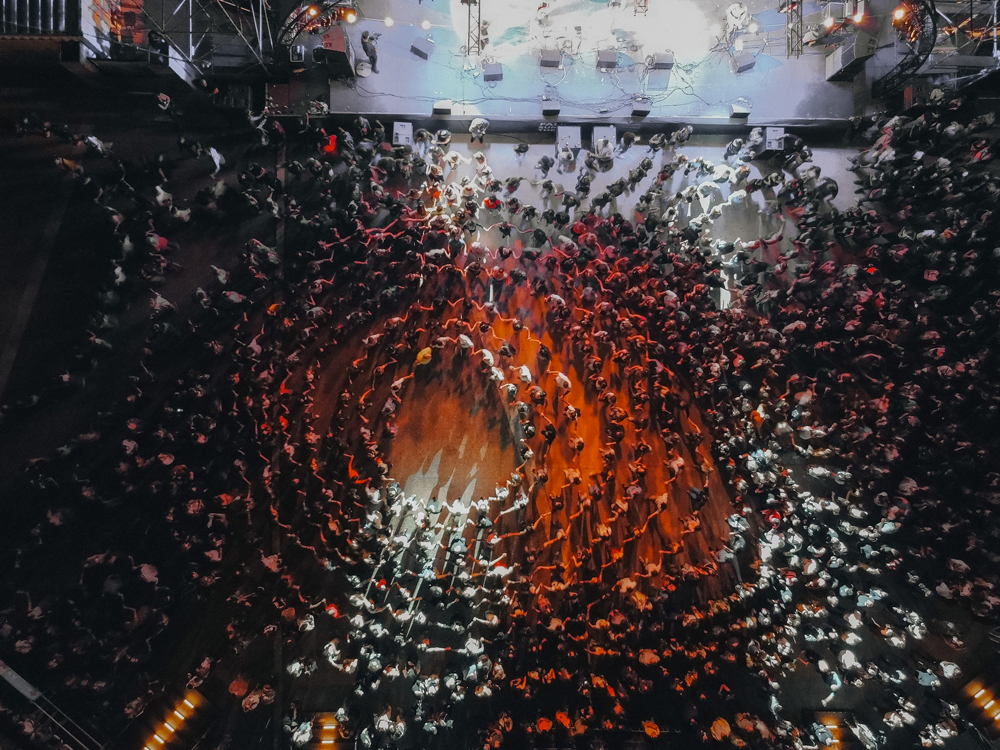
If you had to describe the essence of Rizesmas in one word or phrase, what would it be and why?
Rizesmas is a real community, with a very strong connection: common memory. Our tagline: Our roots are as strong as our memories, sums it up.
